New Zealand’s ruling Labour Party commits to recognizing state of Palestine
New Zealand’s ruling Labour Party has joined the growing weight of global opinion that recognizing Palestinian statehood is a prerequisite to a just solution.
The Labour Party’s commitment entails extending an invitation to the head of the General Delegation of Palestine, allowing them to present their credentials as an ambassador to New Zealand.
New Zealand’s Prime Minister Chris Hipkins in February held a meeting with Izzat Salah Abdulhadi, who serves as the head of the General Delegation of Palestine to Australia, New Zealand and the Pacific.
This action would align New Zealand with the prevailing sentiment observed at the United Nations, where 139 out of 193 member states have already recognized Palestine’s sovereignty.
The Green Party of New Zealand earlier put forward a motion asking the parliament to recognize Palestine as a state.
Advocacy organizations like Justice for Palestine and Alternative Jewish Voices have expressed their support for this commitment.
“It’s great to see the Labour Party joining the Green Party in making a commitment to recognize Palestine if elected. In doing so they are continuing Aotearoa New Zealand’s tradition of taking independent and principled stances on foreign policy issues from nuclear free to standing up against apartheid.” Justice for Palestine spokesperson, Neil Ballantyne, said.
“We have faith that just as ordinary New Zealanders were not prepared to stand by in silence while the South African government maintained an apartheid regime, we will not be silent while Palestinians suffer similar indignities and will reward those politicians who are taking this courageous stance,” he continued.
While New Zealand has not officially recognized Palestine as a sovereign state, it has consistently censured the Israeli occupation. Additionally, New Zealand has been a strong advocate for the two-state solution.
Presently, Palestine’s status at the UN is that of a “non-member observer state,” which was upgraded from an “observer entity” in 2012.
However, for Palestine to achieve full UN membership, it needs approval from the UN Security Council, followed by a vote in the UN General Assembly.
Palestine applied for full UN membership in 2011 but failed to get the necessary support in the UN Security Council, which is dominated by the US-led Western states, Israel's key backers.
Senior Palestinian officials from the Palestinian Authority (PA) have urged the international community to recognize an independent Palestinian state on the 1967 borders with East al-Quds as its capital and demanded all-out support for its full membership in the United Nations.
Observers say the so-called two-state initiative is fading and being violated systematically by Israel and its Western allies, and it has become fairly difficult to implement it.
In June, the Palestinian resistance movement Hamas said statements by Israeli Prime Minister Benjamin Netanyahu regarding the occupying regime’s plans to eliminate the Palestinian people’s aspirations for an independent state confirm Israel's “fascist” nature.
VIDEO | Israel’s war spending
Palestine Action wins again
VIDEO | Palestinian Authority's blockade of Jenin refugee camp reaches third week
Dec. 25: ‘Axis of Resistance’ operations against Israeli occupation
Lavrov warns West against challenging Russia's resolve to defend interests
VIDEO | Press TV's news headlines
Yemen parl. condemns ‘shameful’ silence of Arab states on Israeli crimes in Gaza, Syria
VIDEO | Iran’s Christians mark Christmas with hopes for Gaza resolution


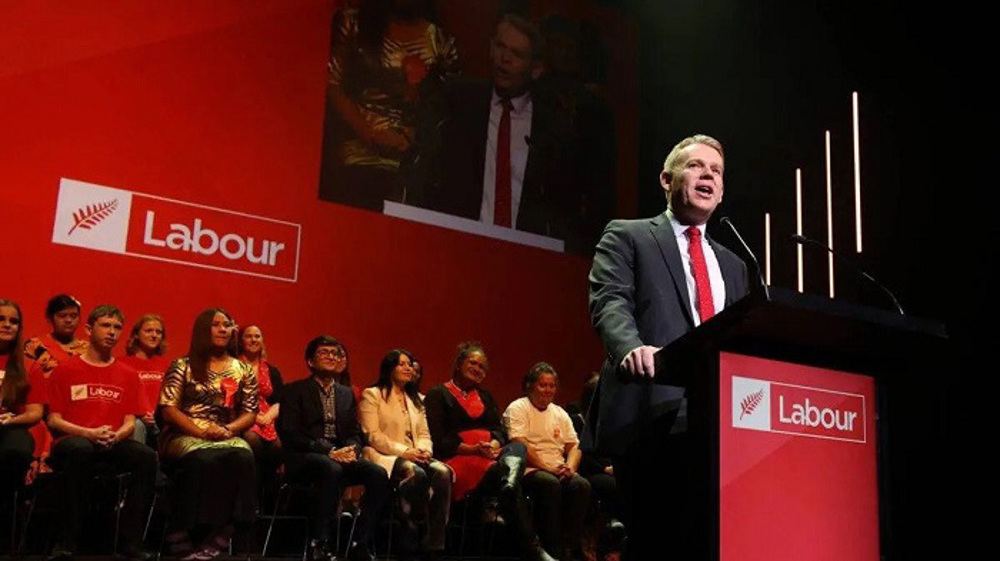

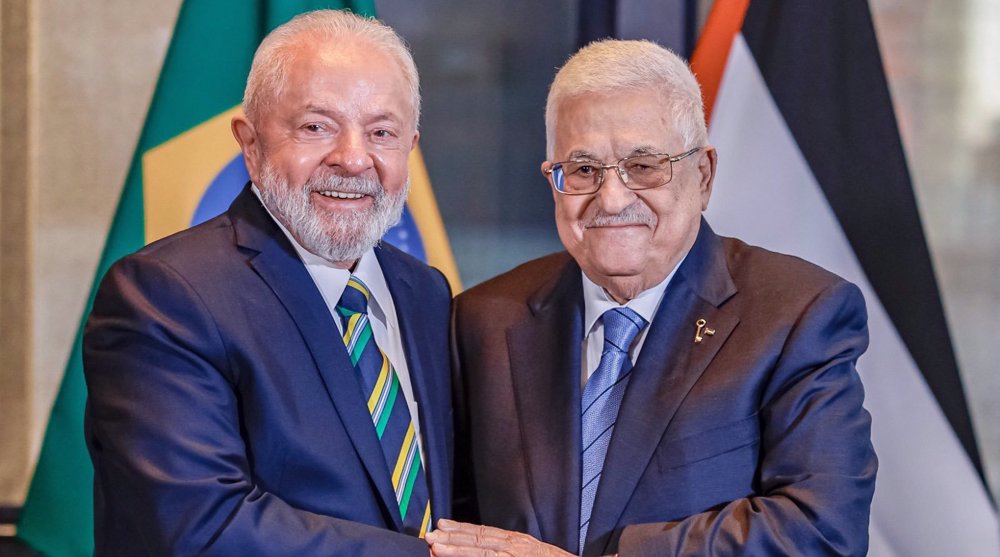







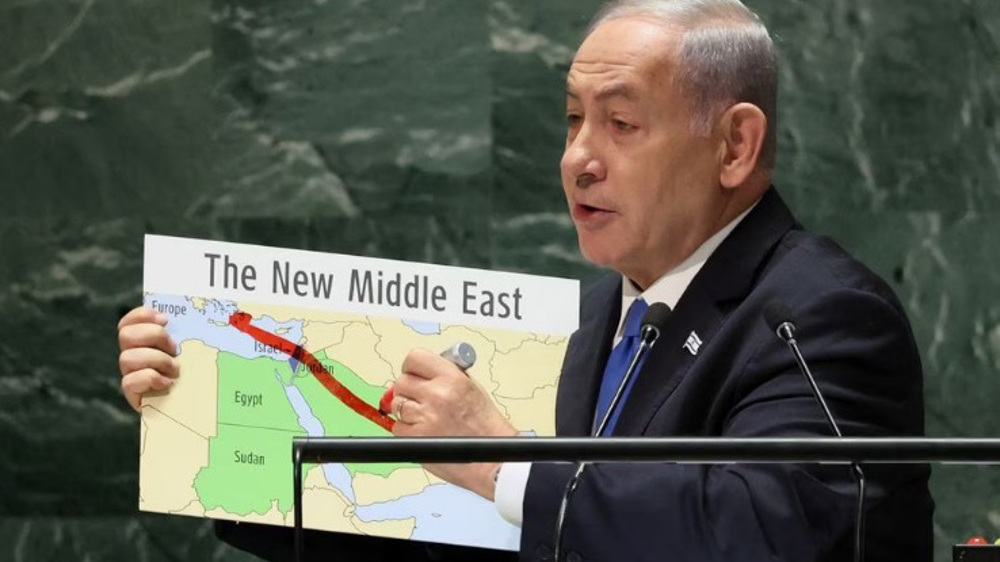
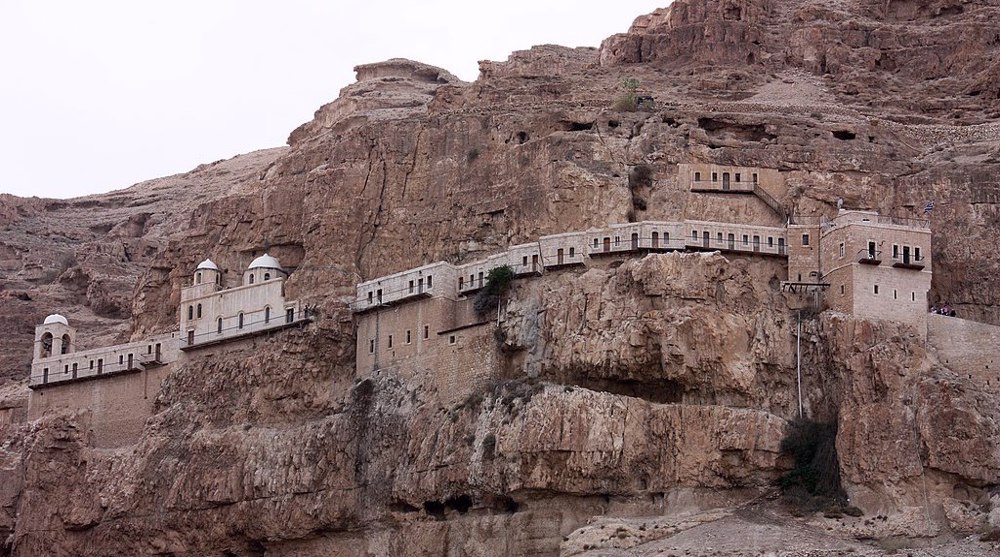

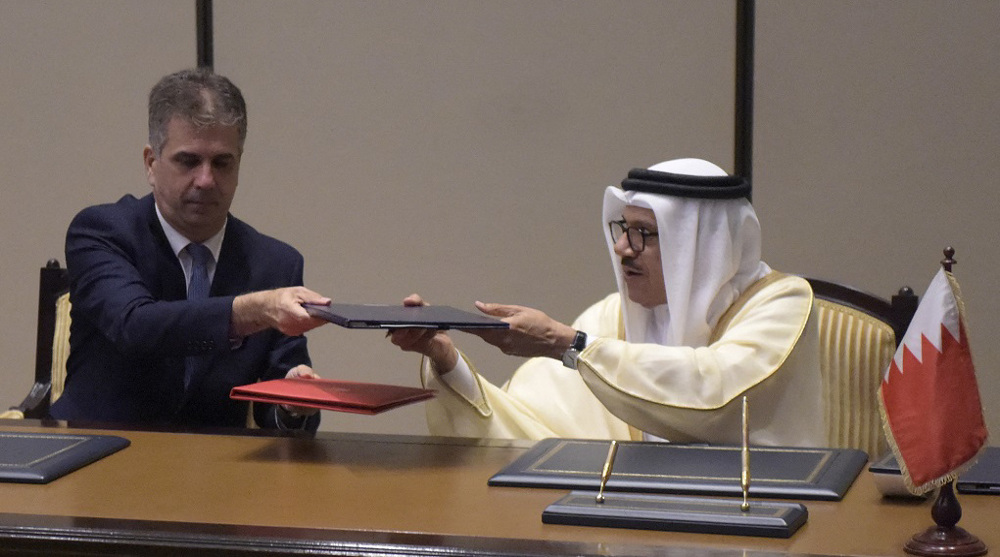
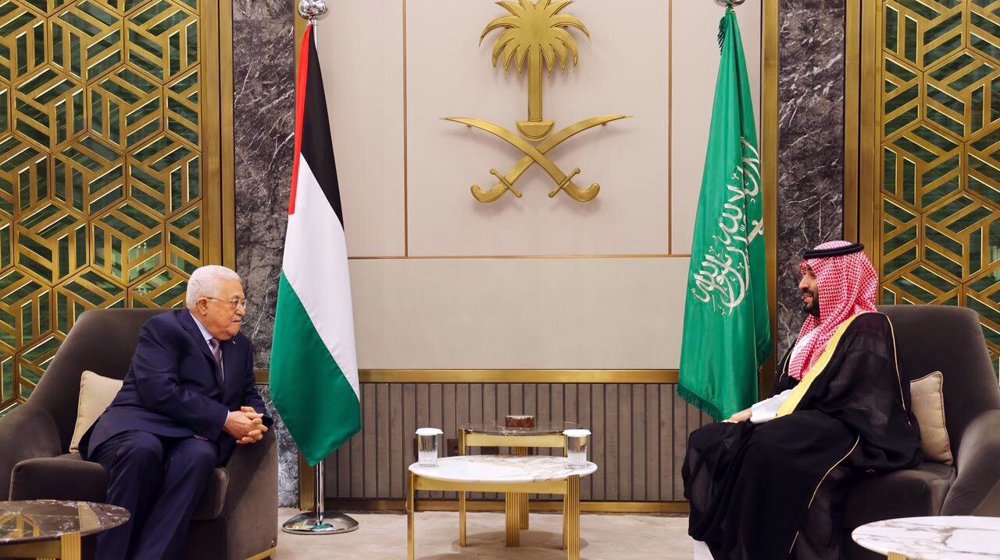

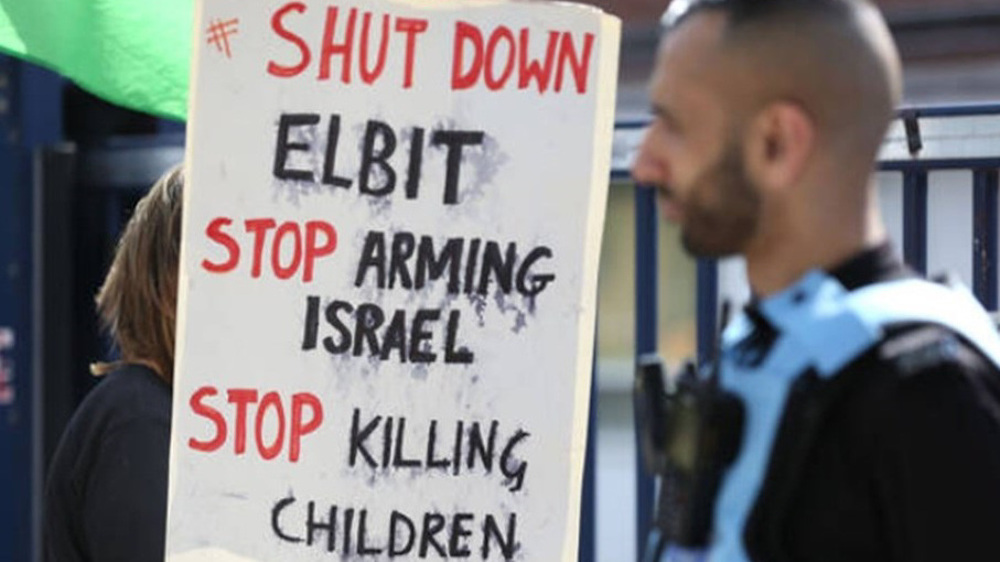
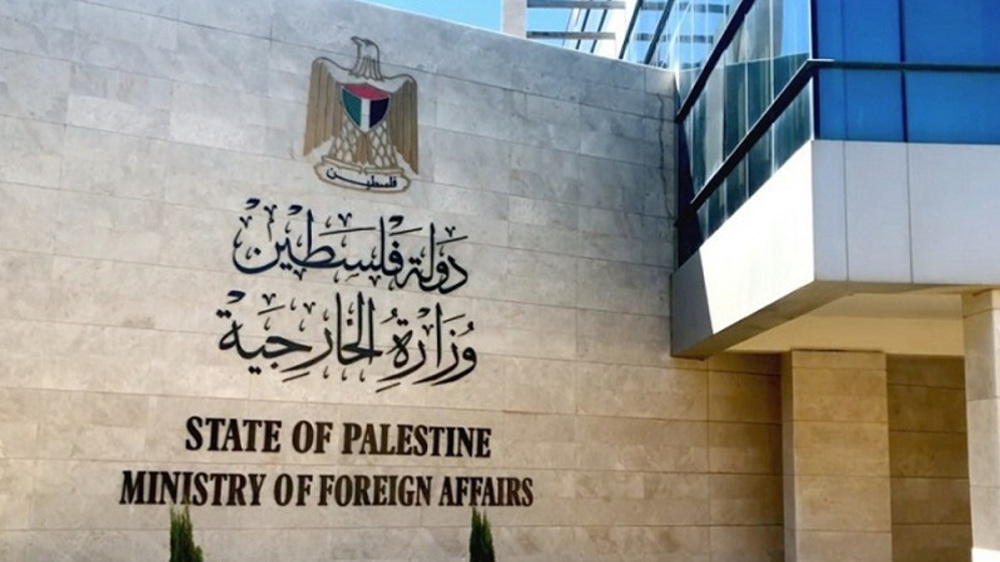
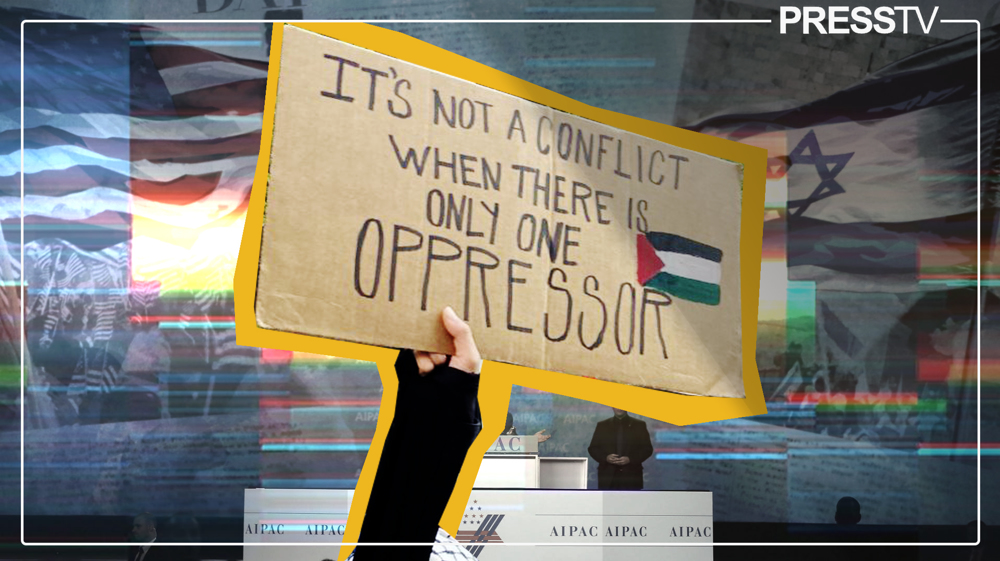

 This makes it easy to access the Press TV website
This makes it easy to access the Press TV website